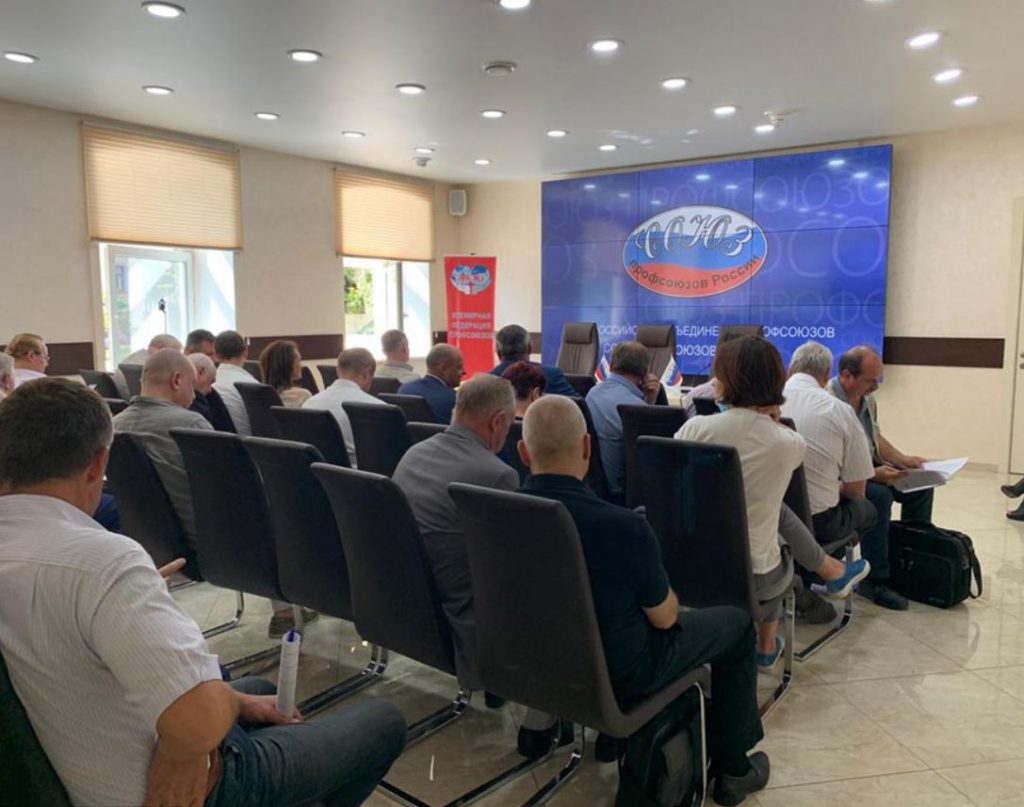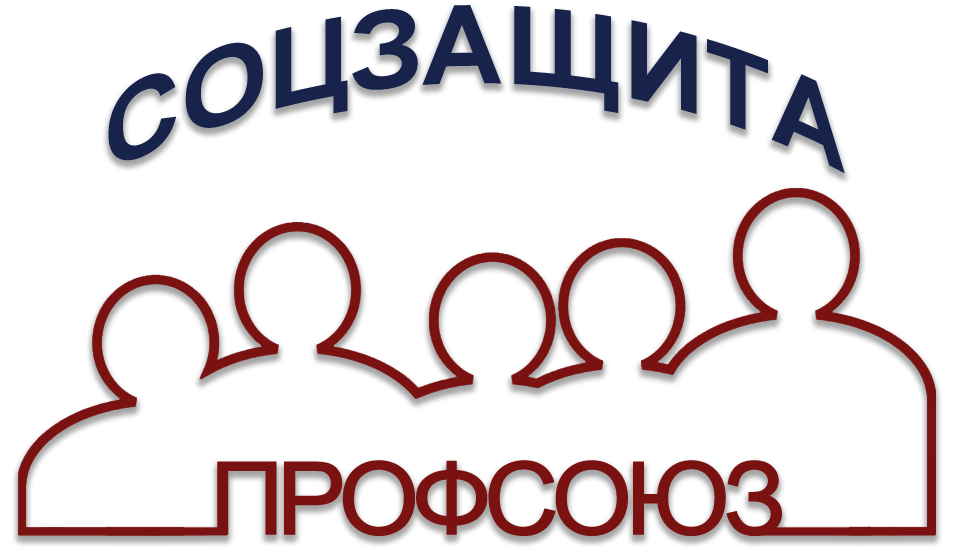
Solution The Executive Committee Union of Trade Unions of Russia (UTUR), August 30, 2021
Having listened to the report of the Chairman of the Interregional Trade Union of Workers Social Protection Organizations and Specialists in Social Work “Social protection Union” A. Solovev on the project of introducing Unconditional Basic Income (UBI) in Russia;
Stating that:
today in the Russian Federation, even with a critically low poverty level, is 19.6 million people. This indicator has been stable for many years, despite the ongoing but insufficient government efforts;
the mechanism of social protection adopted in our country through targeted assistance to citizens, associated with numerous criteria of need, relevant certificates and an equally numerous staff of social security agencies engaged in their calculations, does not solve the tasks set to combat poverty;
Russia today needs breakthrough solutions that would make it possible to overcome poverty and reduce the level of social inequality, the indicator of which is one of the highest in the world, at times. So, today, the ratio of the incomes of the richest 10% of Russians to the same number of the poorest is already more than in 16 times, and taking into account hidden incomes, the discrepancy can reach from 28 to 36 times;
the implementing of Unconditional Basic Income is the key to reducing such inequality and will allow reduce it by at least 2 times (up to 8 times).
The basis for the financial content of Unconditional Basic Income can be:
— revenues from the sale of natural resources by Russia (natural rent), including super-profits from the sale of oil, the retention in the budget of VAT refunded today to exporters of raw materials, the abolition of the tax maneuver in the oil sector, implemented by the Government of the Russian Federation, as well as the establishment of increased export duties on any unprocessed raw materials exported outside the Russian Federation;
— revenues generated from GDP growth due to the implementation of UBI and returned in the form of taxes and non-tax payments to the budgets of the budgetary system of the Russian Federation;
— income received from the implementation of anti-corruption measures in the field of public procurement.
Believing that Russia needs the introduction of UBI for the following purposes:
1) Regulation of the labor market and employment;
2) Overcoming the problem of poverty, ensuring a decent living standard for vulnerable categories of the population;
3) Mitigation the problem of socioeconomic inequality;
4) Ensuring social justice (right to life, equal opportunities);
5) Gaining more freedom to citizens in choosing a life trajectory, self-development and self-improvement;
6) Savings on administrative costs, which are necessary under the current system of social assistance, associated with numerous eligibility criteria, relevant certificates and no less numerous social security staff engaged in their calculations;
At the same time, the most significant potential positive effects introduction of UBI can be:
1) Reducing the number of working hours and increasing free time (by refusing to work at more than one rate);
2) Reducing the level and depth of poverty, ensuring a minimum standard of living for vulnerable groups of the population;
3) Reducing socioeconomic inequality;
4) Achievement of greater social justice;
5) Expanding freedom in choosing a life trajectory, self-development and self-improvement;
6) More dignified human well-being.
Recognizing that the introduction of UBI system will increase employment due to the fact that a significant number of workers will no longer need to work overtime or at more than one rate. Other people will be able to take these jobs. It is known that two, working at one and a half rate, take the job of the third. At the same time, the relatively low size of UBI will not create incentives to full dependency for the majority of our hardworking and conscientious fellow citizens;
Assuming that the effect of the introduction of UBI will be a reduction in informal employment: a person with UBI will less often agree to work without formalizing the guarantees provided by the Labor Code of the Russian Federation. Workers will adhere to technological discipline more strictly, which will lead to an increase in the quality of labor and an increase in the competitiveness of domestic products.
Agreeing that the introduction of UBI system will assist in the development of free trade unions by reducing the factor of “enslavement” of workers with a bonus-depreciated wage system. The same applies to single-industry towns, where the threat of job loss at a city-forming enterprise reduces the human rights activity of workers.
Obviously, with a guaranteed, albeit modest income, the worker will be able to participate more actively in the activities of free trade unions;
The Executive Committee UTUR DECIDES:
1. By this Resolution, the Executive Committee UTUR declares its support for the project of implementing a system of Unconditional Basic Income in the Russian Federation.
2. Instruct the Committee of the Interregional Trade Union of Workers Social Protection Organizations and Specialists in Social Work “Social protection Union” — a member organization of the Union of Trade Unions of Russia, together with the Legal Labor Inspectorate of the UTUR to take part in the development of mechanisms for the introduction and operation of Unconditional Basic Income system in the Russian Federation.
3. To instruct the Interregional Trade Union “Social protection Union”, together with the Legal Labor Inspectorate of the UTUR, to develop and take measures to protect the released, in the event of the implementation of UBI, social security officers.
The Secretary-General of the UTUR E.A. Kulikov
Trade Union News, August 31, 2021
